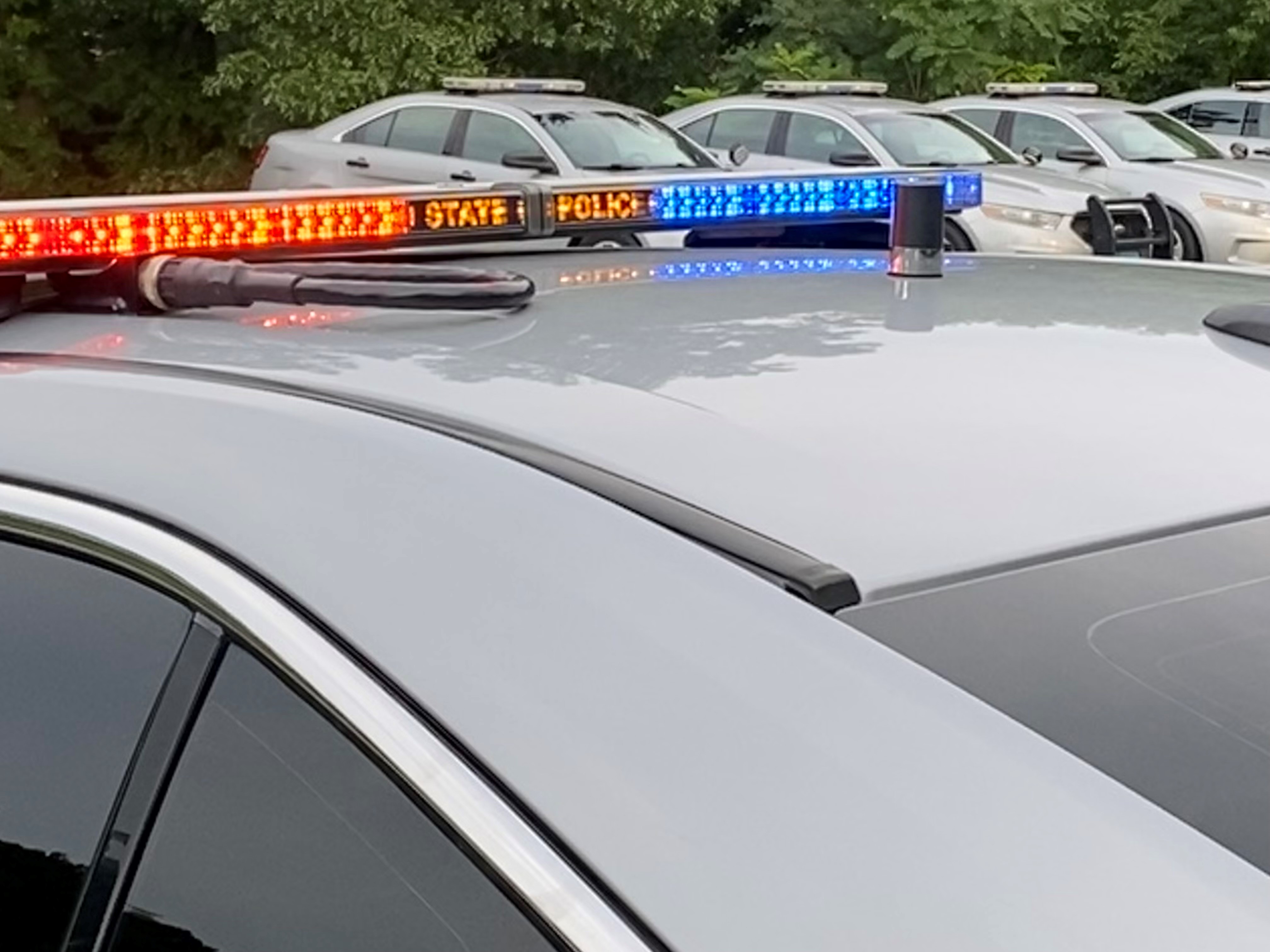Disparities in health inequity have become clearer in the era of COVID-19 and NBC Connecticut is taking a closer look at the findings of a new study done by Health Equity Solutions that shows some majors concerns from communities of color.
"I think it’s important to understand that we didn’t all start this pandemic in the same place," said Dr. Tekisha Everette, executive director of Health Equity Solutions.
Everette and her team surveyed over 130 people across the state of Connecticut over a six-month period. The focus was on communities of color and the health inequity disparities magnified by COVID-19.
"While we are all experiencing this pandemic globally and together within the state, we are not all experiencing it the same way," said Everette.
According to the data, participants stated their biggest concerns were basic needs, mental health, outreach and engagement along with testing.
"Generally speaking, what we found is people were highly concerned about whether they were going to have food. Food security was a number one issue followed next to housing. Over 60% of the people who responded showed that they had concerns related to mental and over 50% have concerns related deeply to basic needs," said Everette.
Everette goes on to say that comparing the data from before and now, "we’ve only deepened the gaps, we’ve only deepened the differences. We need to declare and understand what the root cause is. Our analysis is saying we are having historical and contemporary issues related to structural racism."
Local
Several community organizations have come alongside the Health Equity Solutions team to raise awareness of the disparities in the state. Rev. Robyn Anderson is the director of Ministerial Health Fellowship, an advocacy coalition that addresses health disparities among black and brown people.
Anderson explains passionately that the only way forward is, "to really address health disparities, there have to be policy changes that take place. We had a meeting with Senator Abrahams and Senator Lesser around these same issues around COVID-19, some of the changes that need to happen and how we can adhere to and strive towards health equity in our community and in the state of Connecticut."
Community members echoed those sentiments, saying this is a crisis and if something doesn’t change, people may not survive.
"People aren’t able to afford the rent, people have lost their jobs," said Hartford resident Valerie Mikell. "Those two situations right there, that’s a major crisis. You can’t go to work, you have no benefits, your medical is cut. So how do you take care of your family?"
"How they gonna eat?" questioned Hartford resident Demetrius Drew. "How are they going to afford PPE, gloves, masks? They can’t afford that, they can barely take care of their children how can they do all of that too?"
Everette tells NBC Connecticut that the findings of this study will be sent to state policy makers.



